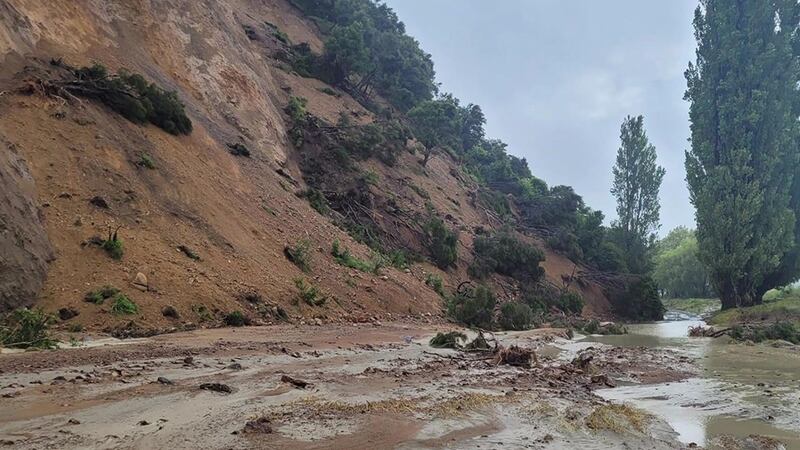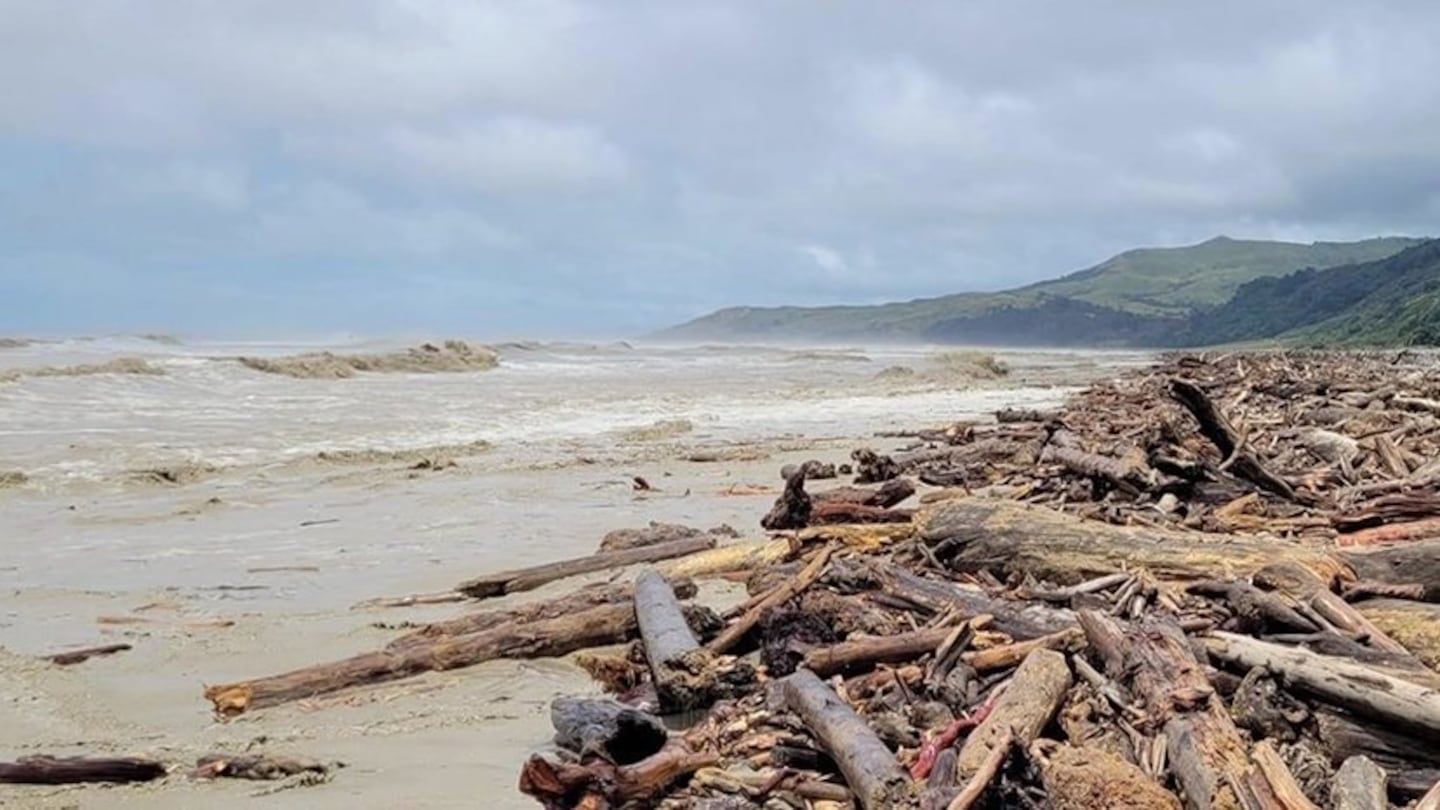A planned independent review of the challenges faced by the East Coast following ex-tropical Cyclone Hale earlier this month is being supported by iwi, council and the forestry industry.
The cyclone hit the country two weeks ago causing flooding, slips and road closures across several regions of the North Island.
However, the Tairāwhiti community bore the brunt of the weather, with a state of local emergency declared after heavy rain, gale-force winds and coastal swells damaged roads and bridges.
A petition for a review featuring over 5000 signatures is being presented to Gisborne District Council this week.
Mayor Rehette Stoltz says following the devastating impacts of ex-Tropical Cyclone Hale it is time to examine more carefully how the land is being used.
“With the anticipated impacts of climate change and the damage we’ve already witnessed to our hillsides, infrastructure, our rivers, beaches and people’s private land, we have to find better ways to stabilise and protect the land.”

‘Some of the worst-eroding country’
Mayor Stoltz says it is heartening that the Rongowhakaata Iwi Trust and Eastland Wood Council support the inquiry.
“It is essential that the inquiry, and the person conducting the inquiry, works with the council and all key stakeholders.”
Eastland Wood Council chief executive Philip Hope (Te Aitanga-a-Hauiti, Ngati Porou ) says there is a combination of factors that makes Tairāwhiti so vulnerable.
“We are managing an area almost twice the size of Auckland with three percent of its population, while sitting on some of the worst-eroding country in the world. It’s a big challenge for many including the council but we are committed to the Tairāwhiti community.”
Hope says the industry has talked to other stakeholders, including council and Iwi about the proposal to work together on a collective review.
‘No top-down solution’
The forestry industry is proposing a review that takes a 20–50-year outlook and assesses what needs to happen to achieve a realistic outcome to ensure communities are supported.
“What we don’t need is a top-down solution determined by those outside the region. The government has a role to play but we would like the Tairāwhiti community to be involved too as any decisions have the greatest impact on them.”
With the state of emergency lifted last Friday, the council and Civil Defence are now focused on recovery, with the forestry industry working alongside Gisborne District Council to remove woody debris from Tolaga Bay. Operations to clear the Gisborne City beach begin this week.

